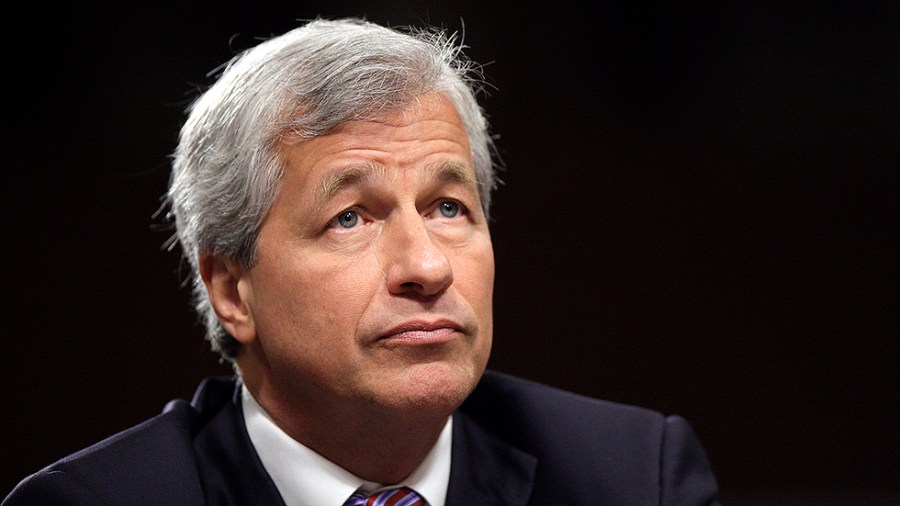A major business advocacy group said Wednesday it’s opposed to creating legal standards to enforce a recently adopted set of principles that says shareholder value should no longer be the main goal of a corporation.
“If you create a legal system that hamstrings companies in the United States, I think you’re just creating a worse economy, not a better economy,” JPMorgan Chase CEO and Business Roundtable (BRT) Chairman Jamie Dimon said during a press conference in Washington.
BRT last month surprised the financial community by announcing a new set of principles for corporations that said enriching shareholders can no longer be the sole driving force for a business.
{mosads}“If companies fail to recognize that the success of our system is dependent on inclusive long-term growth, many will raise legitimate questions about the role of large employers in our society,” the group wrote in a letter signed by 181 of the nation’s top CEOs.
Instead, BRT said, companies should also consider their employees, communities, suppliers and customers as stakeholders in their decisionmaking.
But Dimon rejected any calls to give those additional stakeholders any legal claim against shareholder primacy.
“The system works quite well,” he said Wednesday. “That doesn’t mean we shouldn’t modify it and pay a little attention to other issues.”
Critics of BRT said last month’s announcement was just an effort by the group to insulate itself against criticism that big companies and top earners were thriving while ordinary citizens were being left behind — themes that have been prominent in the 2020 Democratic presidential primary.
Sen. Elizabeth Warren (D-Mass.), for example, has put forth a plan that would force large companies to include labor representatives on their boards.
Dimon said that while there were social problems that should be addressed, creating more legal requirements for companies isn’t the solution.
“There are legitimate issues that candidates are talking about, and you know them all — income inequality; we haven’t shared enough of the wealth; we had very anemic growth for the better part of the last 12 years — and those are legitimate,” he said.
